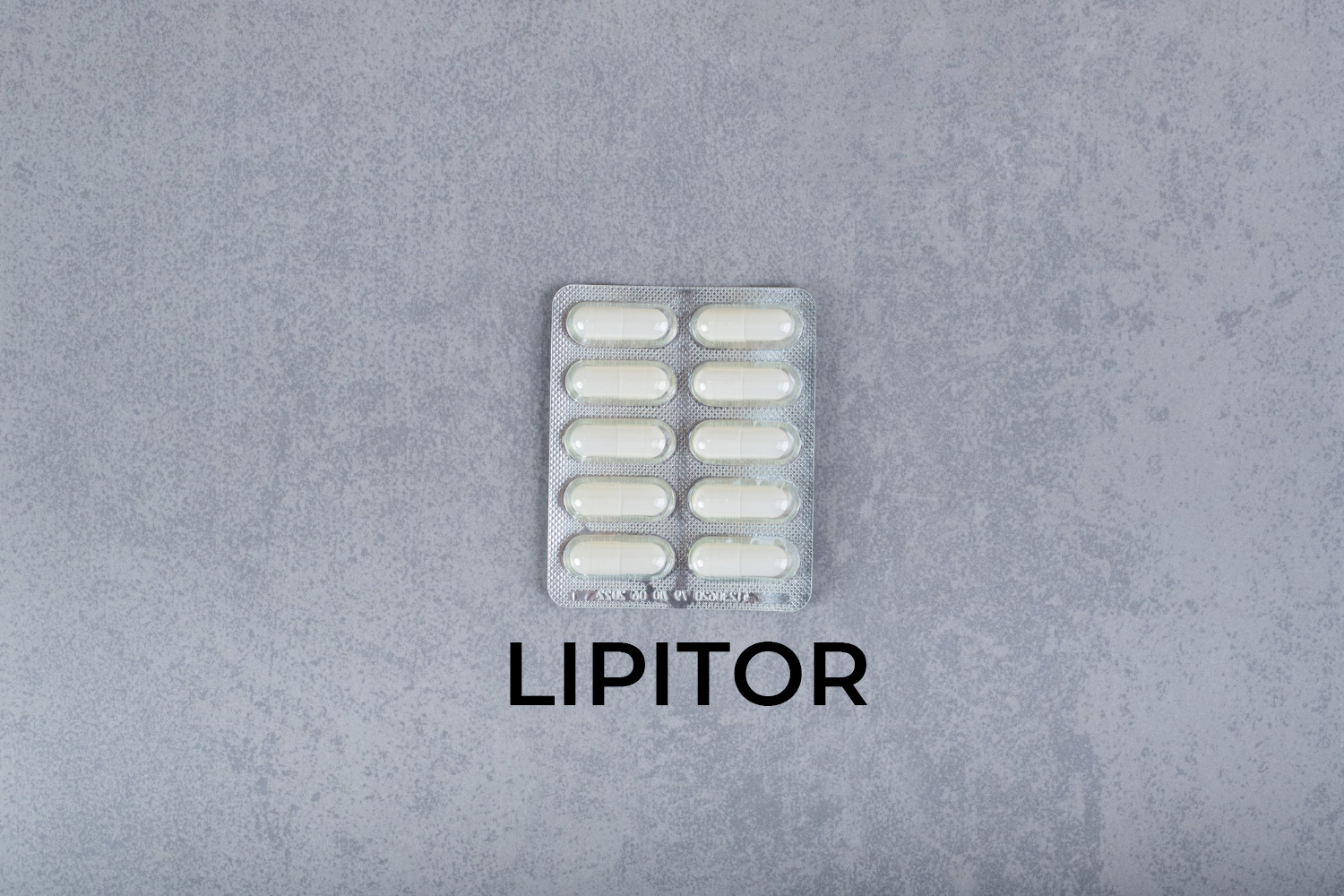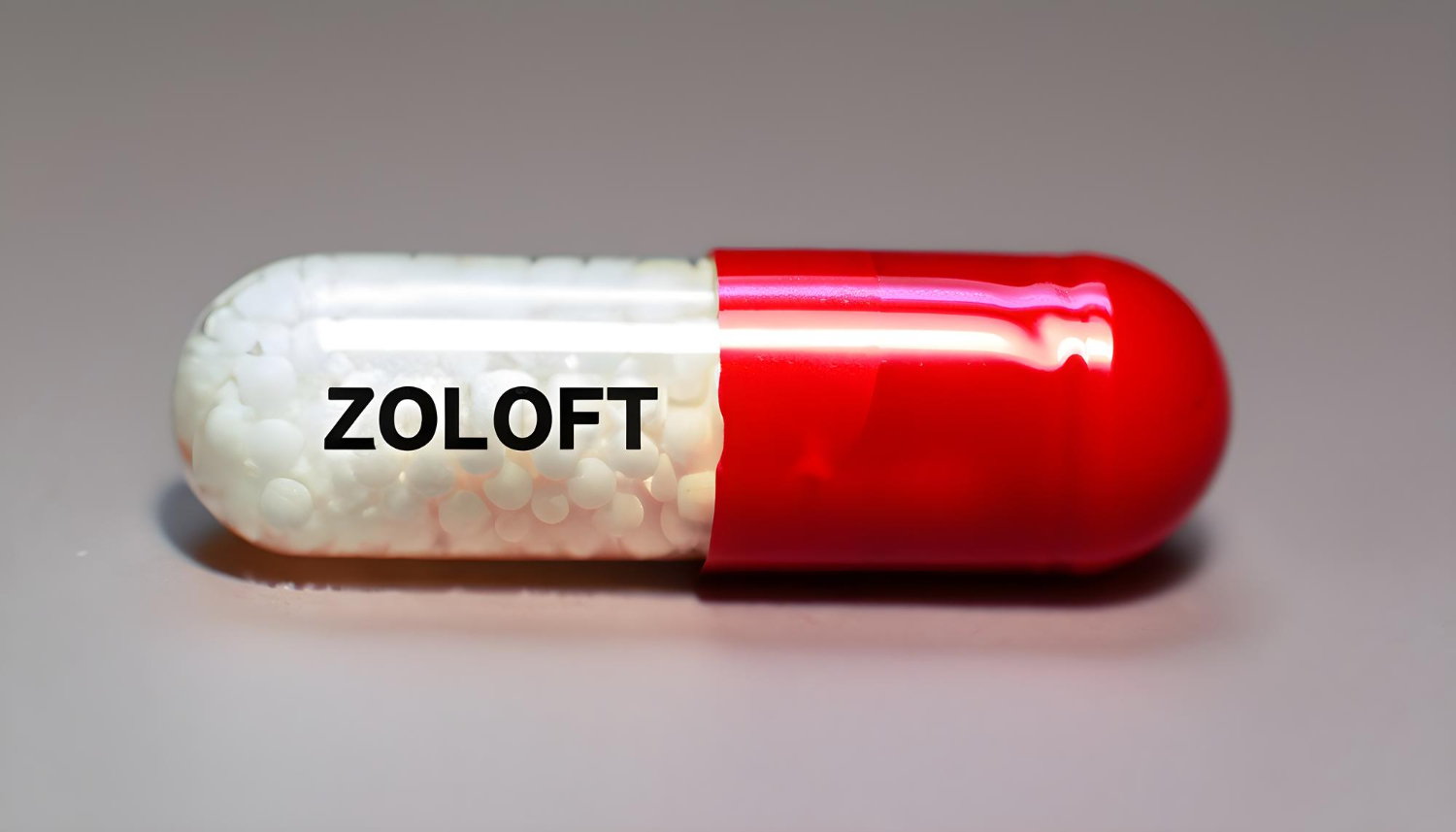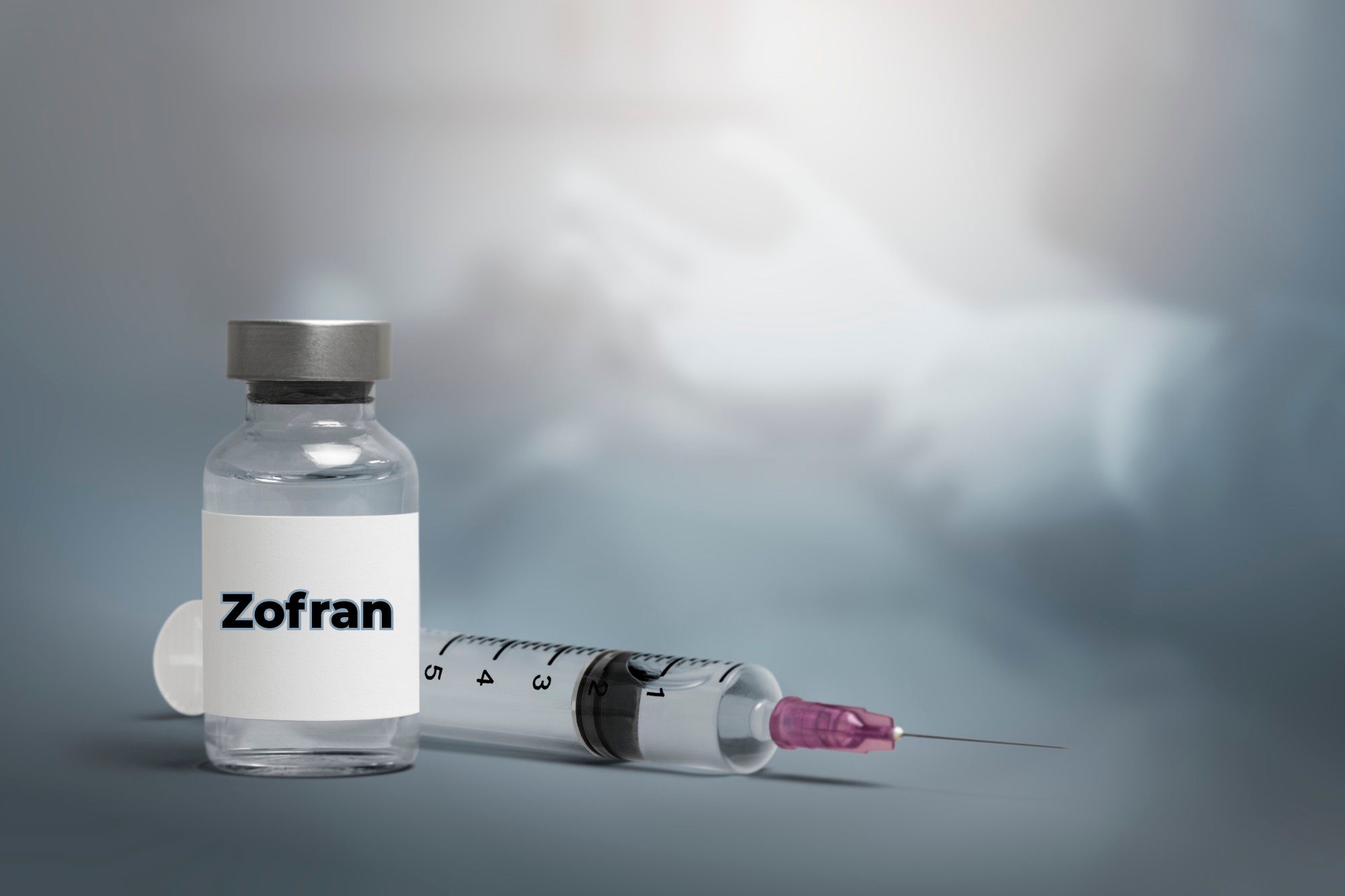Women in menopausal age taking Lipitor may be at a much greater risk for Diabetes because of the hormonal changes.
Lipitor should be strictly avoided during pregnancy as the developing fetus needs cholesterol for development and this drug's main function is to decrease cholesterol production. Lipitor easily enters into breast milk which could thereby harm newborn infant baby. Therefore, when a woman undergoes Lipitor medication, she should not breastfeed.
Lipitor usually comes along with side effects which include diarrhea, nausea, constipation, gas, fatigue, heartburn, mild muscle pain, and headache. If patients encounter muscle breakdown, drowsiness, memory problems, yellowing of the skin, or loss of appetite then they should take immediate consultation from their doctor.
Sooner after the U.S. Food and Drug Administration (FDA) alerted consumers in 2012 that Lipitor has risk associated with the development of diabetes, Pfizer had to face several lawsuits from people. The lawsuit was filed by patients who alleged that Pfizer was aware of the serious side effects of this cholesterol-lowering drug, however, they allegedly did not warn the public.
Lipitor was approved by FDA in the year 1996 as a preventive measure against cardiovascular disease that helps lowering cholesterol. Pfizer first presented the drug in February 2012 to treat patients with high blood sugar and who have higher chances to develop diabetes. After the FDA's Division of Metabolism and Endocrinology Products request, the Lipitor maker had to update the warning label of the drug.
The lawsuits filed by patients have alleged Pfizer of allegedly not disclosing the risk of diabetes with the consumer. Also, the manufacturer has marketed Lipitor as a safe product. The drugmaker was also accused of negligence as they failed to adequately warn patients and healthcare providers about the full range of Lipitor's health risks.
Lawsuits filed by plaintiffs were consolidated into multidistrict litigation (MDL) and it got centralized in the District of South Carolina for efficient operation and quick settlement. The current MDL was joined by hundreds of more lawsuits, making the litigation count against Pfizer to more than 2,000.
The federal judge who took over the proceedings eventually dismissed most of the cases before going for trial. The judge excluded mostly all of the plaintiff's testimony and stated that the plaintiffs couldn't showcase the evidence in the record which would allow a jury to declare that Lipitor was the major cause of diabetes.
Plaintiffs challenged the decision of the district court. On June 12, 2018, the summary judgment was affirmed by the U.S. Court of Appeals for the Fourth Circuit.
As per the allegation raised by plaintiffs, the original label and prescribing information for the cholesterol-lowering drug printed between December 1996 and February 2012 did not alert patients of any linkage between change in blood sugar levels and Lipitor intake. Also, Pfizer did not warn consumers of the serious risk of type 2 diabetes development while using the cholesterol-lowering drug. Sufficient prescription information about warnings related to drugs is important for ensuring consumer safety.
Pharmaceutical companies should ensure that they warn the public about risks associated with their drugs, as failure to warn about the risk could deprive consumers of the essential information required to make health decisions. Patients who were under Lipitor medication and were diagnosed later with type 2 diabetes stated that adequate warnings could have prevented them from using Lipitor. A detailed warning could have also help monitored patients blood glucose levels to determine whether the drug was hurting them. In simple words, Lipitor consumer says that their injuries could have been avoided.
As per lawsuits, Pfizer promoted Lipitor as safe and effective, despite being aware of the risks associated with the increase in blood glucose levels and development of type 2 diabetes. Plaintiffs alleged that Pfizer engaged in misleading marketing where they aggressively made their products safe and superior to other drugs. However, they did not provide patients and their healthcare providers with warnings that could have avoided injuries.
The increased blood glucose levels and diabetes are chronic conditions that can reduce the significance of a person's quality of life. Pharmaceutical companies need to monitor their medication and communicate with doctors about the usage of their drug. Sometimes, the improper functioning of the drug in the body can lead to hospitalization, critical surgery, and even death. Diabetes can indeed hamper the daily lifestyle of the person and could also make living difficult. Lawsuits filed against Pfizer by patients stated that Lipitor was not that effective in lowering their cholesterol and they had no idea about the side effects like the development of Type 2 diabetes. Neither they were prepared to deal with incurring medical costs and lost livelihood and income caused by Lipitor usage.
In the year 2016, certain cases in the MDL from the court were transferred to certain state courts. Almost 70 lawsuits were remanded to federal courts in California. On February 27, 2017, the Lipitor diabetes MDL of pending claims were dismissed and officially closed and the MDL panel judicial team ordered for a stoppage to transfer and also no MDL to be consolidated to the new one.
The court stated that the cases were dismissed by plaintiffs as they were unable to provide enough evidence that proved Lipitor for the cause of diabetes development. The jury was not able to infer that Lipitor is capable of leading diabetes at 80 mg dosages. Plaintiffs challenged the decision of the court and made an appeal to the U.S. Court of Appeals for the Fourth Circuit. In June 2018, the appeals court affirmed the decision of the district court.
In April 2013, the first motion was centralized to take forward claims. There were considerably fewer claims, and the panel stated that it was disinclined in taking into account the future filling which may be a mere possibility. Also, claims involve common plaintiffs, who were already in the process of being coordinated before one judge. More than half of the pending actions were yet to be resolved in just one district. Therefore, the panel did not go for centralization of the motion at its July 2013 hearing session.
By 2014, there was considerable growth in the number of involved plaintiffs firms filing suits against Lipitor. As per the panel, more judges have to be involved to look into the claims and lawsuits. Plaintiffs attorneys filed for centralization in a second motion that encompassed 56 actions. In this, the panel was aware of approximately 170 additional related federal Lipitor lawsuit actions pending in around 40 districts and that has to go before 100 different judges. Three state courts were specially allocated to look into Lipitor diabetes lawsuits.
Serious Alleged Injuries May Include:
- Type II Diabetes
- Liver Damage
- Memory Loss
FDA Safety Warnings:
In February 2012, the FDA made it compulsory for Pfizer and other statin drug companies to add warnings to their drug labels about the risk of liver damage and memory loss along with the risk of increased HbA1c and fasting serum glucose levels. HbA1c and fasting serum glucose levels help determine whether a patient has diabetes.
Legal Updates:
MDL 2502 consists of more than two thousand cases against Lipitor manufacturer. On January 25, 2016, and later on February 3, 2017, the court gave summary judgment for all Lipitor cases.
On January 26, 2017, and February 8, 2017, the plaintiffs filed notices of appeal before the United States Court of Appeals for the Fourth Circuit regarding.
The Judicial Panel on Multidistrict Litigation since January 4, 2017, has ceased to transfer and consolidate new cases to this multidistrict litigation, which leaves none of the open cases pending in this multidistrict litigation.
News
May 14, 2021: Lipitor Diabetes Lawsuit Upheld By 2nd Circuit
Plaintiffs appeal alleging Pfizer Inc. of failing to warn that its cholesterol drug Lipitor caused their type 2 diabetes is denied by the Second Circuit.
The reasons for the denial are still unclear and the three-judge panel stated that the decision has come after considering the substantial reasons provided by the district court.
As per a lawsuit filed by the plaintiffs in April 2019, Lipitor's label changed in 2012 claiming that it included drug statin which can increase glucose levels and hemoglobin A1c. The plaintiffs even alleged that the label did not warn that Lipitor caused Type 2 diabetes and the doctors prescribed the drug without knowing its side effects.
U.S. District Judge William H. Pauley III dismissed this case with prejudice in April 2020 by stating that Pfizer's label change in 2012 complied with the Federal Food, Drug, and Cosmetic Act. He even said that the claims before April 2016 fall outside the three-year statute of limitations so the pleading cannot be considered.
Plaintiffs appealed to the Second Circuit in August as their claims were not acknowledged because the pharmaceutical company could have changed its label warning about diabetes without the U.S. Food and Drug Administration's approval.
Plaintiffs highlighted the fact that post-2012 FDA approval when the defendant received new information Lipitor's link to diabetes, it could have added the label or sought FDA approval to change the label based on these reports; however, it did not do anything to alert the users and doctors.
Pfizer argued that the post-2012 claims made by the plaintiffs are barred because the FDA approved the updated label, while any claims before 2016 fall outside New York's statute of limitations in October. The company also stated that the adverse event reports should not be considered as new evidence, based on which the label change was justified.
June 14, 2018: Pfizer's Wins Appeal: Lipitor Diabetes Litigation Dismissed
The U.S. Court of Appeals for the Fourth Circuit confirmed the dismissal order for all Lipitor diabetes cases passed by U.S. District Judge Richard Gergel in 2017 since there was no reversible error for the decision.
In the dismissal order issued by Judge Gergel, almost all of the plaintiffs expert witness testimony was excluded and a motion for summary judgment was filed by the drug maker, arguing that the plaintiffs failed to prove their case without an expert opinion. The plaintiffs appealed the federal court's decision to dismiss almost 2,000 cases from the MDL, and an opinion was issued by the Fourth Circuit's three-judge panel on June 12 supporting the lower court's take on Lipitor litigation.
Pfizer's Lipitor is a cholesterol-lowering drug facing litigation over the risk of Type-2 diabetes in female patients. More than 3,000 women filed product liability cases against Pfizer in the federal court, which were consolidated into a multidistrict litigation ( MDL No.2502; In Re: Lipitor (Atorvastatin Calcium) Marketing, Sales Practices, and Products Liability Litigation (No. II)) in South Carolina.
Evidence:
- Usage Of Lipitor And Other Statins In Pharmacy Records
- Duration Of Lipitor Usage In Medical Records
- Diagnosis And Treatment Of Type II Diabetes After Lipitor Intake
Medical Record Review and claim validation of Lipitor cases should take approximately 3 hours in most instances; however, this approximation may vary in cases based on the volume of records.




